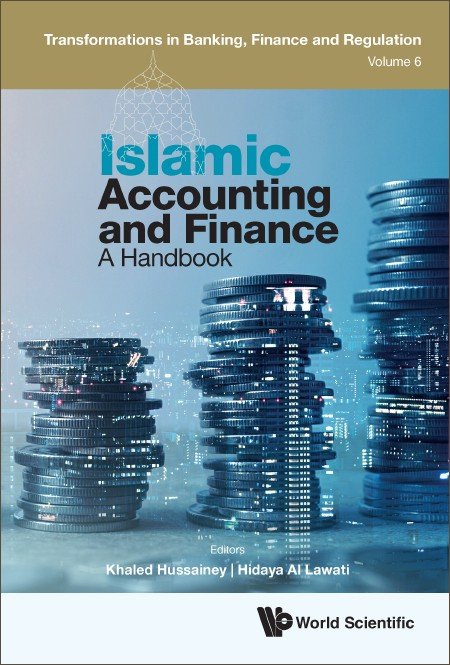Chapter 4: Review on the Conceptual and Empirical Studies on Zakat
Due to the growing role of zakat in reducing poverty, a trend of research has been directed toward calling attention to the necessity of this Islamic duty to individual, cooperation, and the society in general. A common debate in Islamic taxation relates to the question of difference between zakat and taxation and about what drives zakat compliance. Few are the studies that have examined zakat, and most have generally tried to understand the individual tax compliance behavior. Thus, the area of corporate zakat is a challenging area and needs to be further analyzed. This chapter presents the basic settings that review the definition of zakat and its different perspectives and a comparison between zakat and conventional taxes. It also describes the legal form of zakat in the different MENA countries. Moreover, this chapter reviews major papers that have examined zakat. This study can help the non-specialist reader understand the Islamic taxation (zakat) and the specificity of each of the MENA countries regarding zakat.


